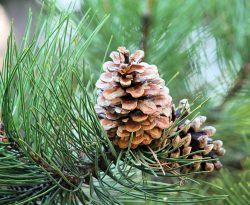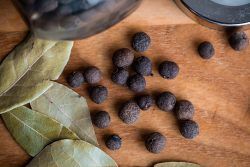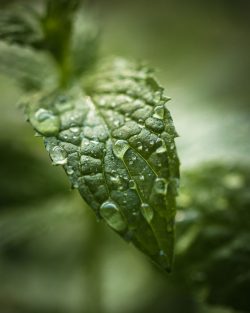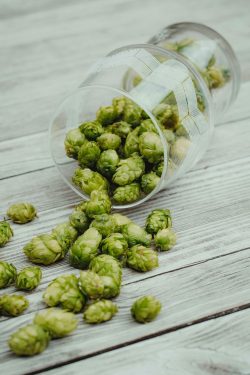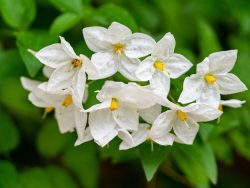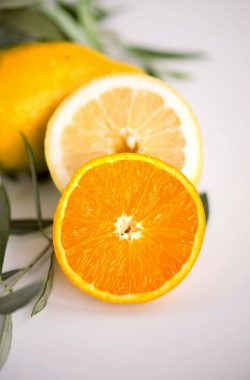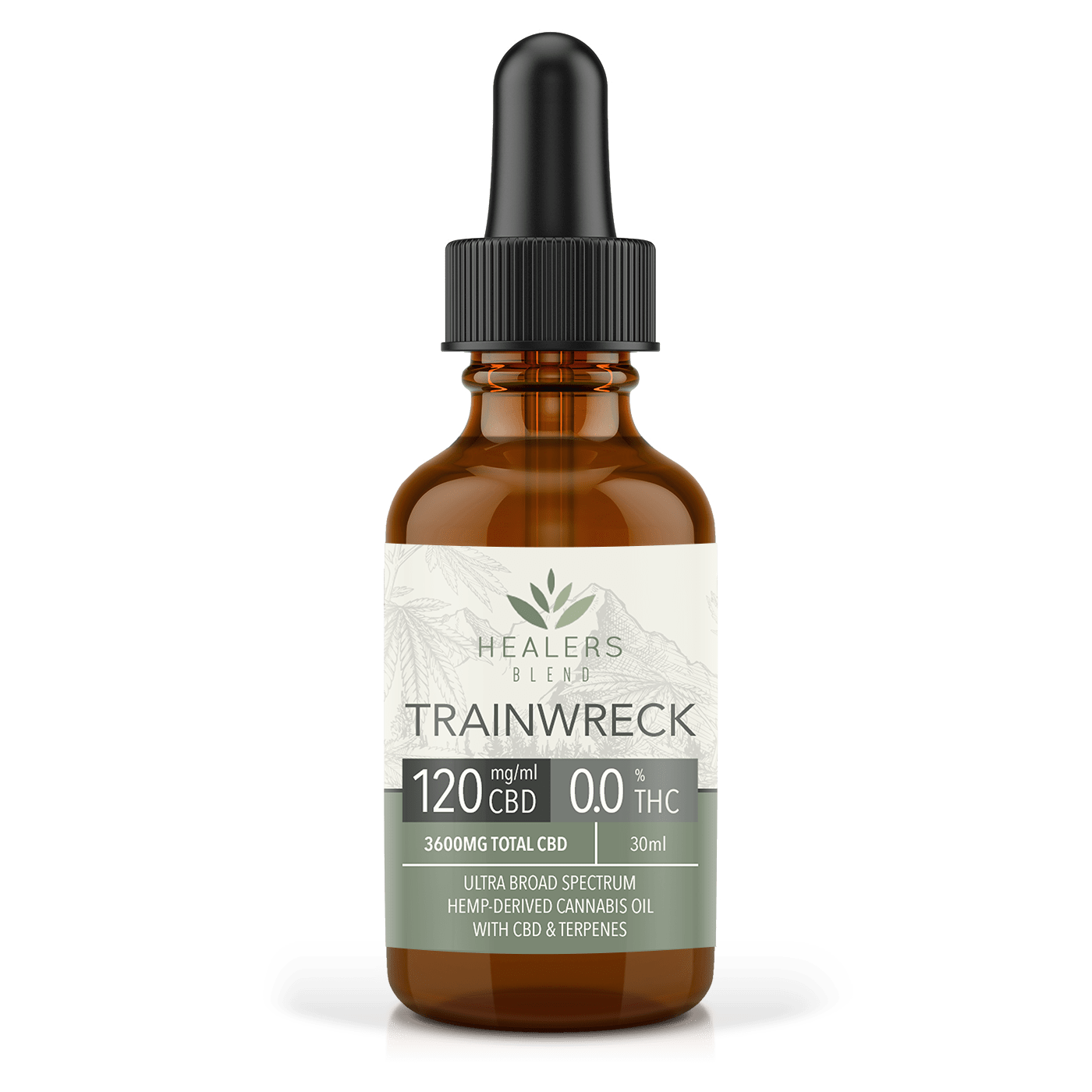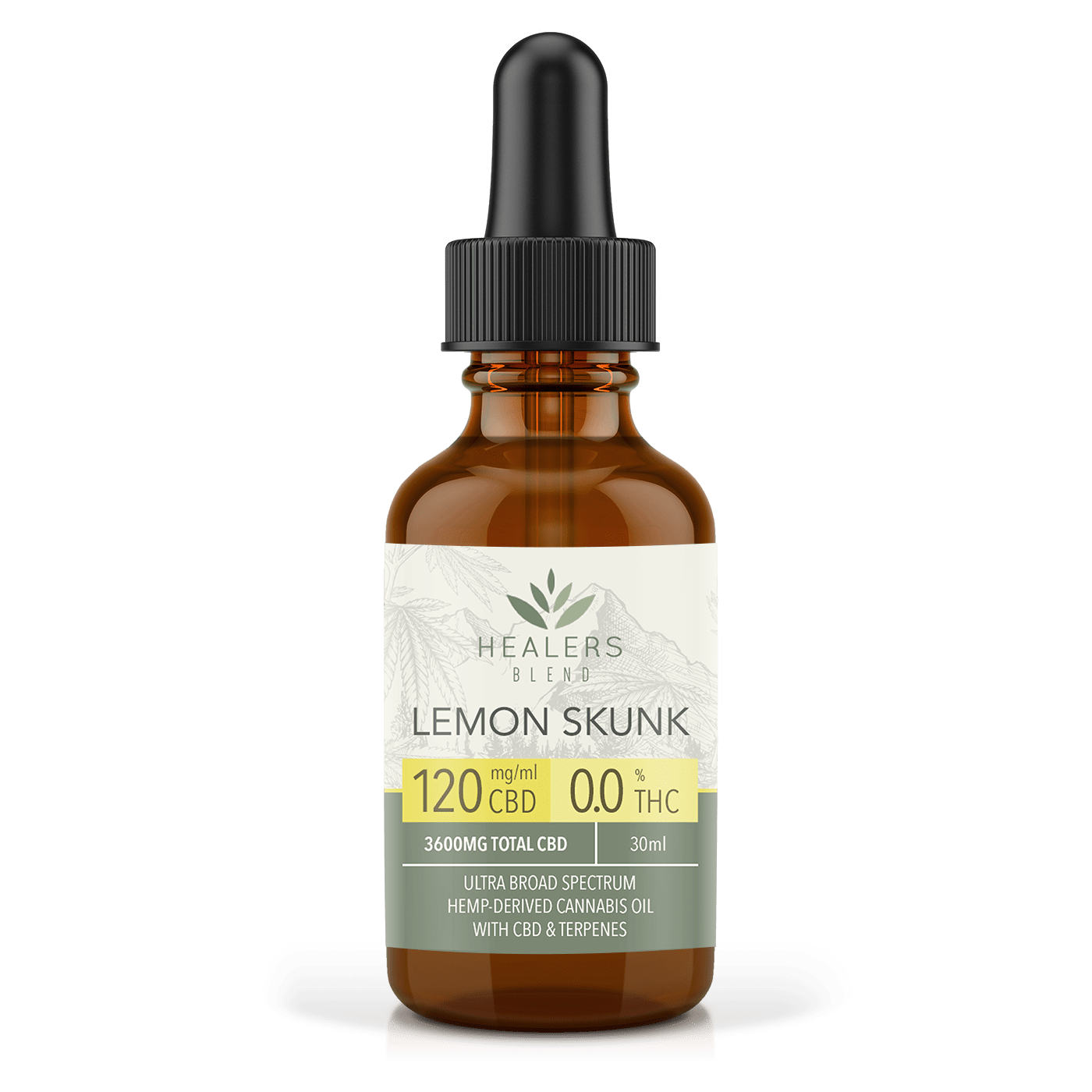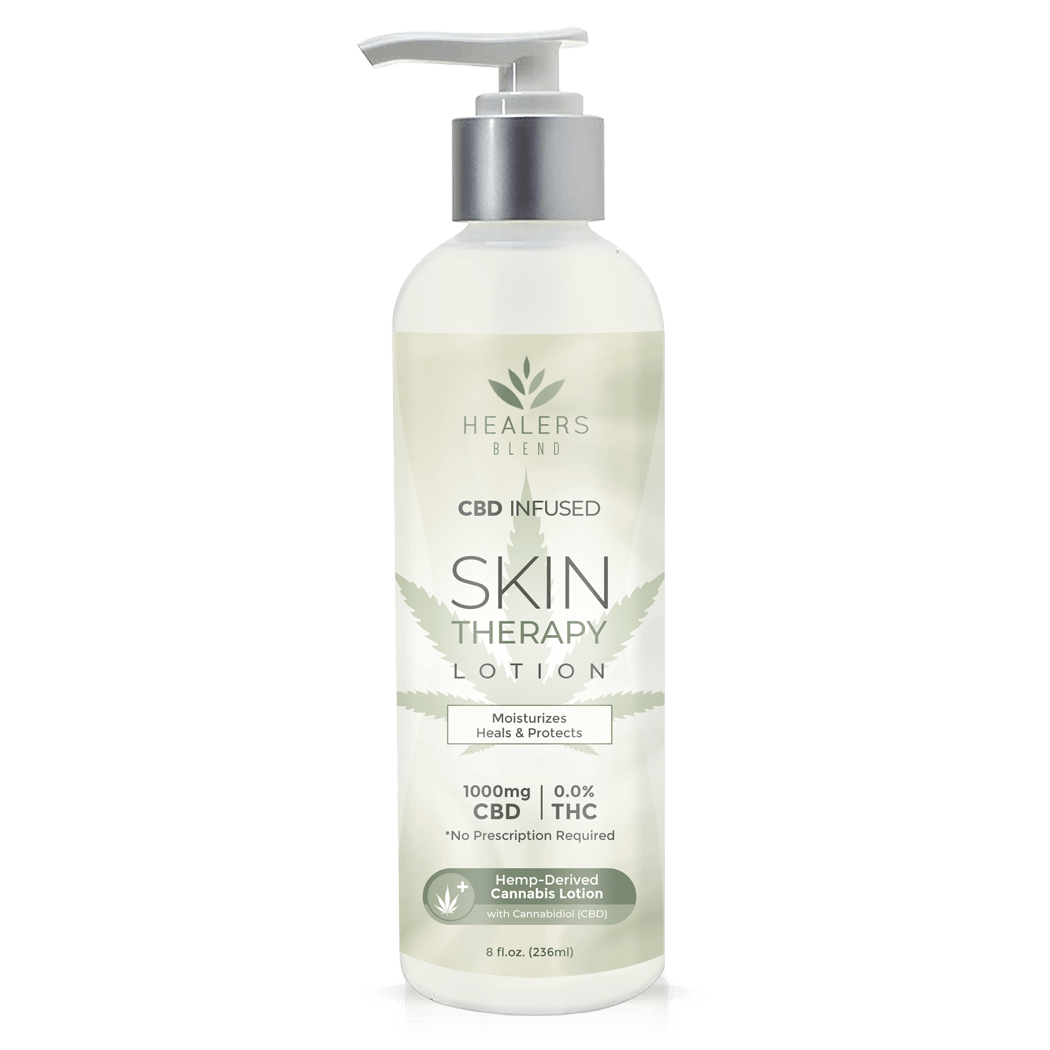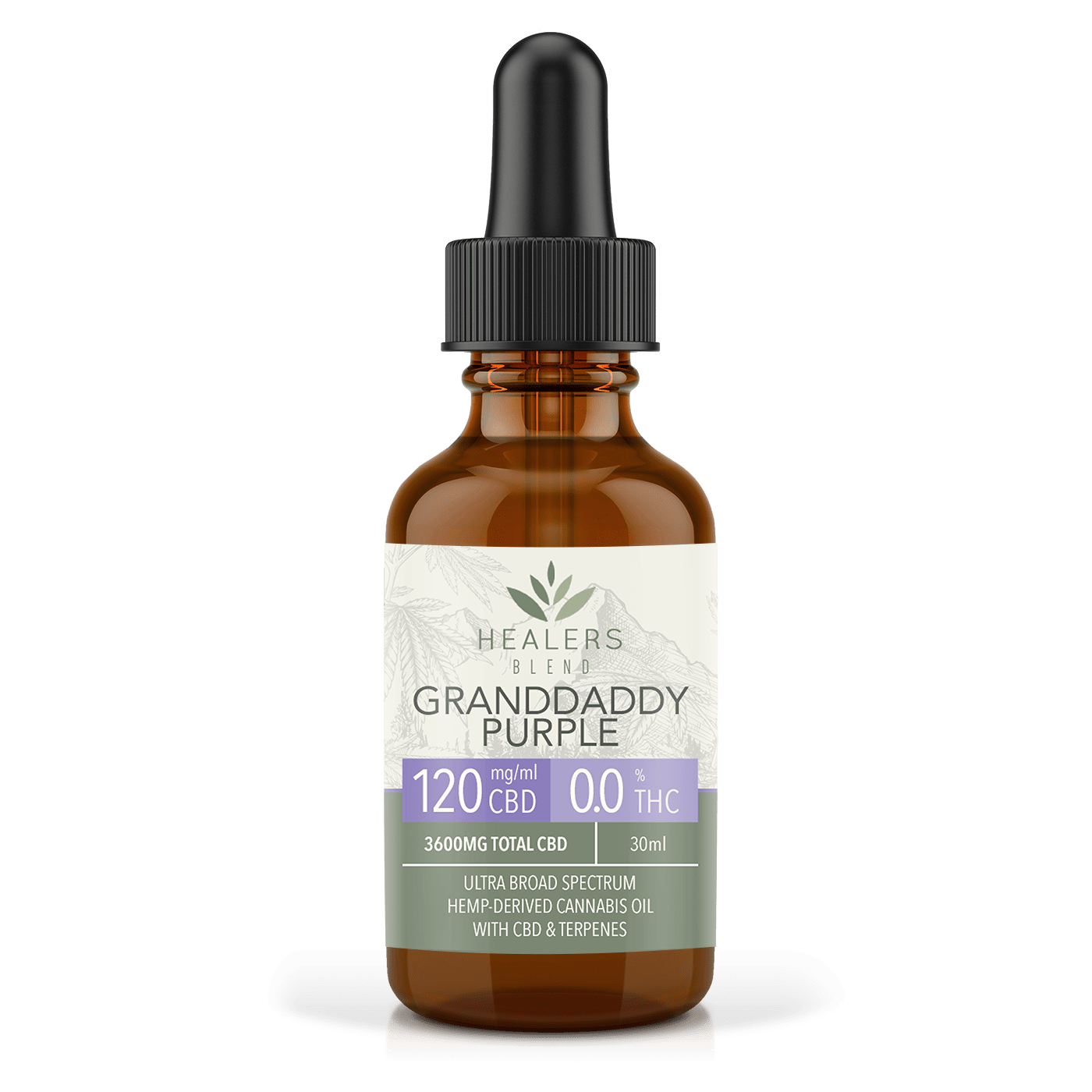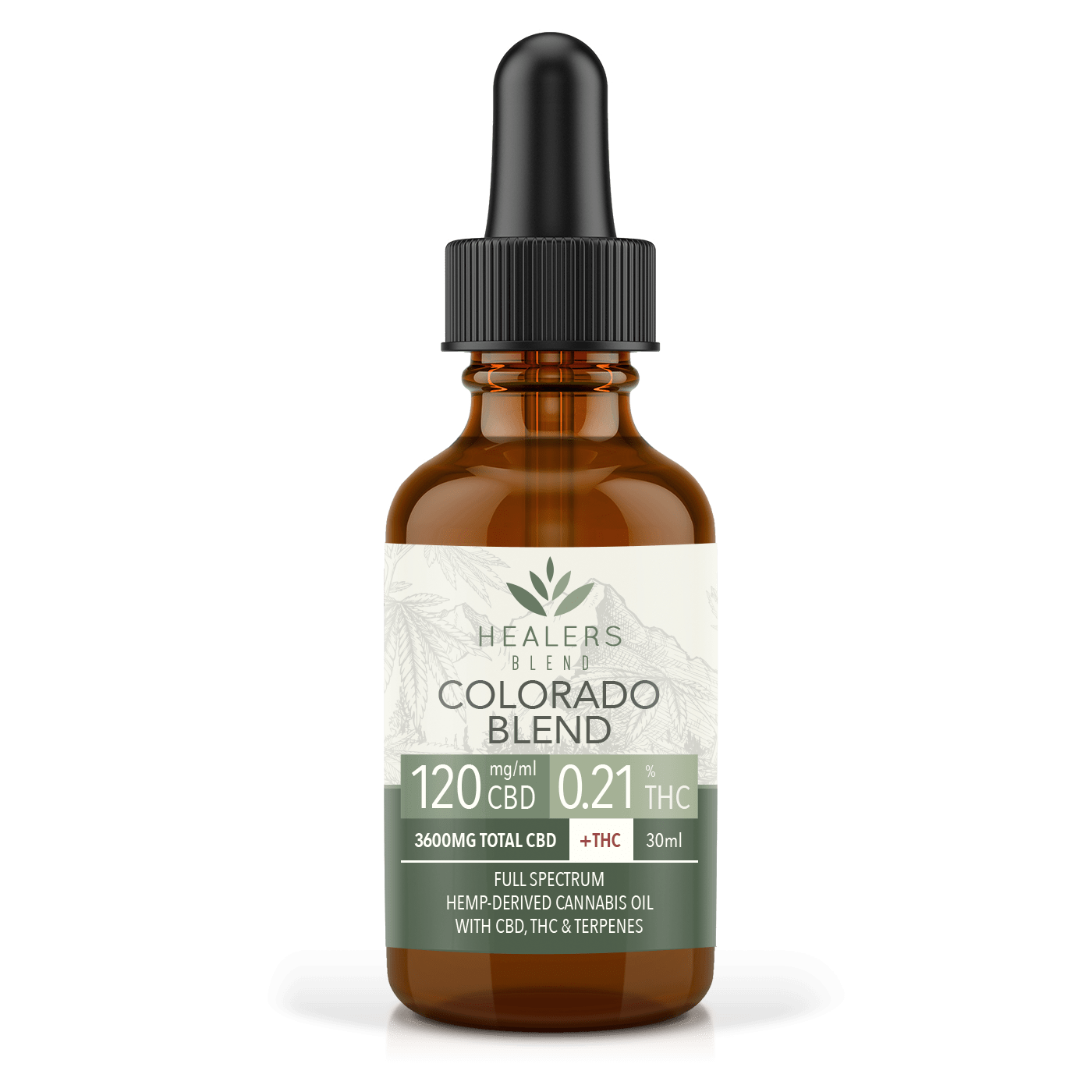Welcome to the Healers Blend Learning Lab! The information in these pages are designed for both the general consumer, as well as, health and medical practitioners seeking to expand their working knowledge of cannabis and the potential of cannabinoid based therapies. While we work to ensure the information in these pages and resources is accurate and up to date, we do not make any claims as to the veracity or totality of the information contained herein. Research into cannabis as medicine is ongoing and our understanding of its many potential benefits continues to grow everyday. Our hope is that you will find this information beneficial and inspiring in your own search to better understand the potential of this incredible plant to increase overall health, vitality, and well-being. CBD products are not approved by the FDA for the diagnosis, cure, mitigation, treatment, or prevention of any disease. We are restricted from making any claims about the efficacy of our specific CBD products to treat or cure any disease or medical conditions. You should always seek the advice of a physician before adding nutritional supplements to your diet. The following information is presented for educational purposes only. Healers Blend provides this information to provide an understanding of the potential applications of cannabidiol. Links to third party websites do not constitute an endorsement of these organizations by Healers Blend and none should be inferred.
Description:
Linalool can be found most in the Granddaddy Purple strain.
Linalool is a naturally occurring terpene alcohol chemical found in many flowers and spice plants. Linalool is able to act on the opioidergic and cholinergic systems to relieve pain. Linalool also acts as an anticonvulsant, having similar effects to diazepam. Linalool has been used as a relaxant and as a treatment for anxiety for thousands of years. In scientific studies, linalool was proven to sedate mice and also mitigate anxiety.
-
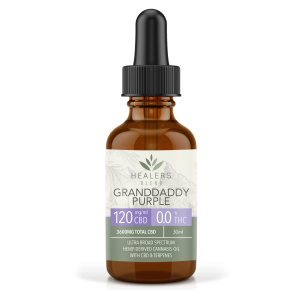 GRANDDADDY PURPLE Strain – 30mlPrice range: $55.95 through $185.95
GRANDDADDY PURPLE Strain – 30mlPrice range: $55.95 through $185.95
Effects
Analgesic
Anti-anxiety
Anti-inflammatory
Anticonvulsant
Sedative
Research
Anti-inflammatory
Linalool was able to reduce carrageenin-induced edema in rats, a classic model of inflammation. It’s acetate version was noted to have the same effect as well
Analgesic
In mice exposed to acetic acid-induced writhing response and the hot plate test, linalool was able to act on the opioidergic and cholinergic systems in a manner to prevent neural networks from transmitting the signal of pain.
Anticonvulsant
Linalool was eluted to possess pharmacological activity close to that of diazepam. In a PTZ model, PIC seizure mode, and tonic convulsions induced by transcorneal electroshock, linalool therapeutically decreased the convulsion time in mice
- Anticonvulsant activity of the linalool enantiomers and racemate: investigation of chiral influence.
Sedative
In an elevated plus maze test, linalool indicated to modulate motor movements and locomotion. At a high enough dose, linalool was able to make the mice go to sleep.
Anti-anxiety
Linalool was shown to possess anxiolytic properties without any side effects, showing promising potential use in treatment of anxiety disorders. Linalool was evaluated on 4-week ICR mice using an open field test, a light-dark test and an elevated plus maze test. The measurements of monoamines in the brain showed decreased serotonin, dopamine, and norepinephrine, which is commonly seen in animal models exhibiting anxiolytic effects.
A-Z Index of Terpenes:
-
Alpha Bisabolol
EFFECTS: Analgesic, Anti-cancer, Anti-inflammatory, Antifibrosis, Antifungal, Antocoagulant, Drug Potentiator.
Learn about Alpha Bisabolol »
-
Alpha Pinene
EFFECTS: Anti-bacterial, Anti-cancer, Anti-inflammatory, Bronchodilator, Memory Enhancer.
Learn about Alpha Pinene »
-
Beta Caryophyllene
EFFECTS: Analgesic, Anti-inflammatory, Antioxidant, Gastric-protective.
Learn about Beta Caryophyllene »
-
Beta Pinene
EFFECTS: Expectorant, Bronchodilator, Anti-inflammatory, Antiseptic.
Learn about Beta Pinene »
-
Borneol
EFFECTS: Analgesic, Anti-cancer, Anti-inflammatory, Antifibrosis, Antifungal, Antocoagulant, Drug Potentiator.
Learn about Borneol »
-
-
-
Eucalyptol
EFFECTS: Anti-Alzheimer's, Anti-Asthma, Anti-bacterial, Anti-cancer, Anti-inflammatory, Antioxidant.
Learn about Eucalyptol »
-
-
-
Limonene
EFFECTS: Anti-anxiety, Anti-cancer, Anti-inflammatory, Antidepressant.
Learn about Limonene »
-
Linalool
EFFECTS: Analgesic, Anti-anxiety, Anti-inflammatory, Anticonvulsant, Sedative.
Learn about Linalool »
-
-
-
-
-
-
Terpineol
EFFECTS: Antibacterial, Antioxidant, Anti-cancer, Sedative, Anti-inflammatory.
Learn about Terpineol »
-
-



